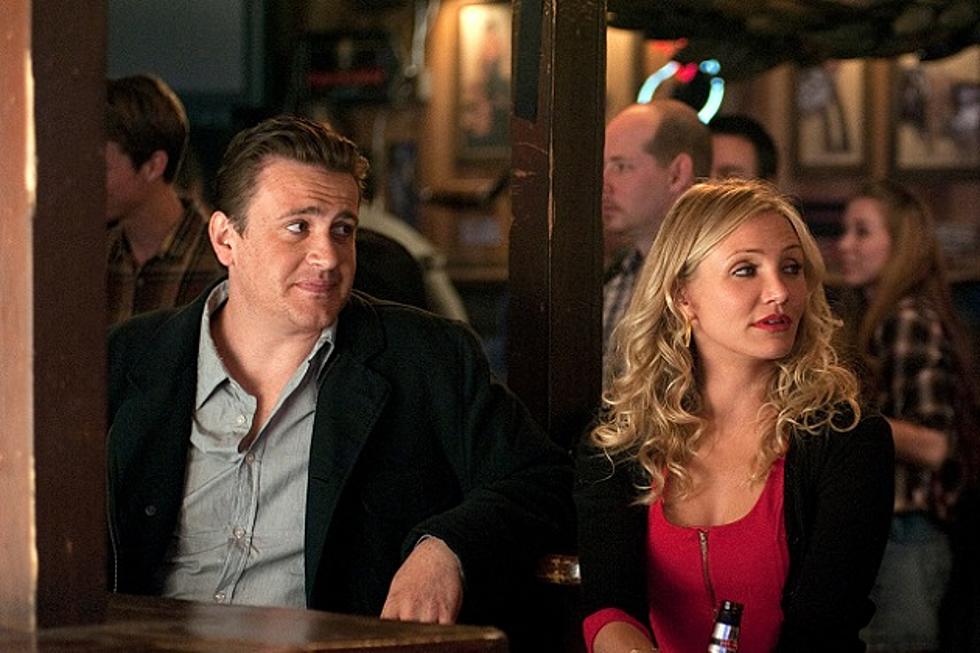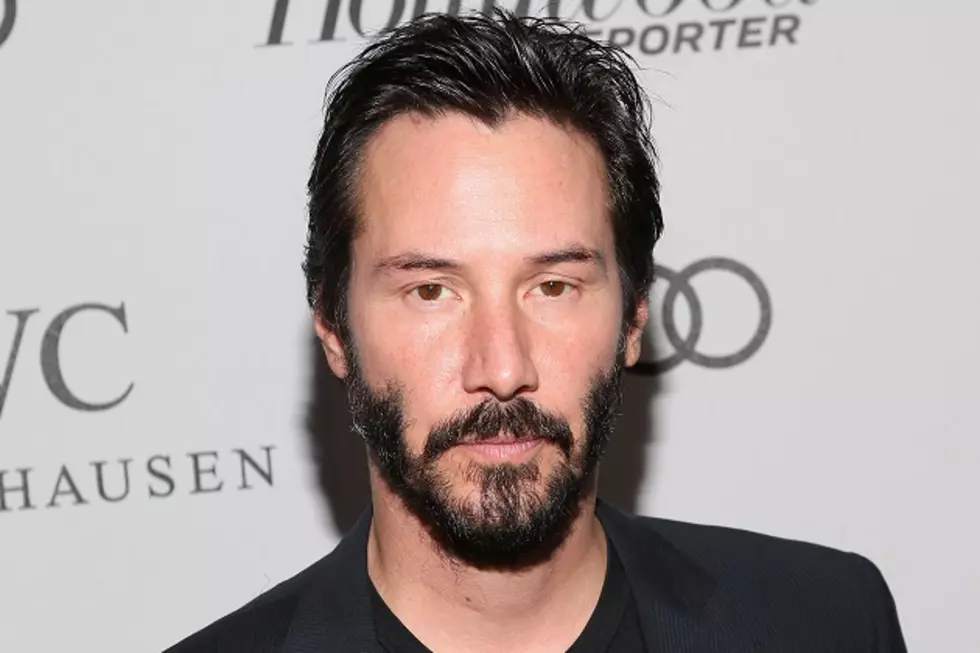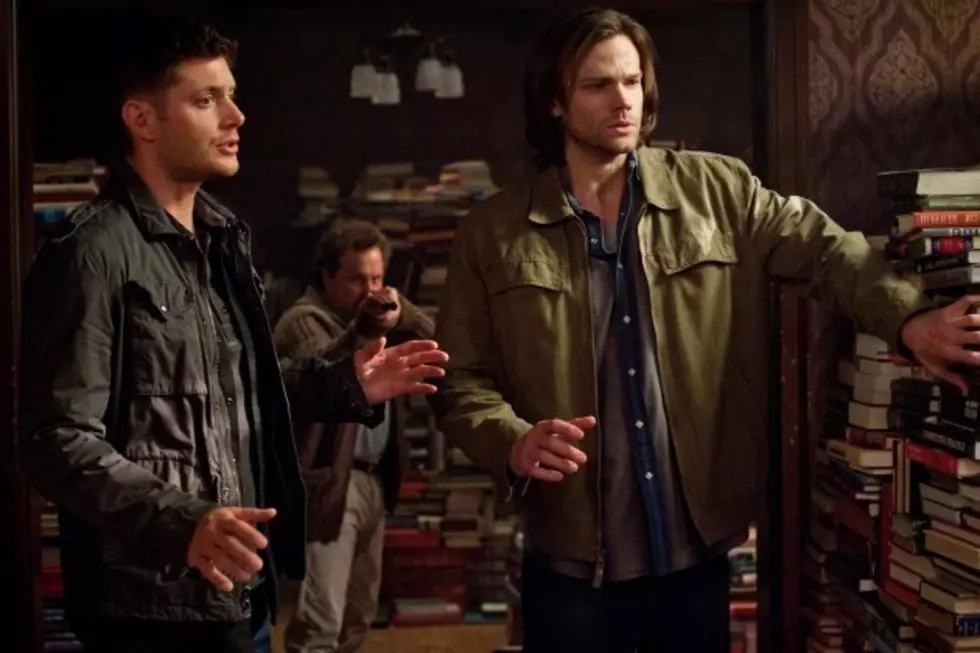
‘Oblivion’ Review
'Oblivion' is best described as opportunity, squandered. Its landscape – conceptual and physical – feels remarkably unique and bursting with possibilities, but the exploration of both lacks originality, and energy. Joe Kosinski’s follow-up to 'TRON: Legacy' is, like its predecessor, a gorgeously mounted, inventive world-building endeavor, but it’s also equally bloodless -- ponderous without being thoughtful, ambitious without being inspired, much less inspiring. The chronicle of a battle for the fate of humankind that possesses little humanity of its own, 'Oblivion' is an overstuffed compendium of familiar genre tropes rendered with ornamental beauty but not much emotional depth.
Tom Cruise plays Jack Harper, an astronaut assigned to protect Earth after an alien invasion reduced it to a smoldering wasteland. When not monitoring machines that transform the planet’s remaining resources into energy for “the Tet,” a triangular space station that hangs in orbit, Jack and his partner Victoria (Andrea Riseborough) repair drones that patrol the ground for "Scavs," surviving humans who fight against the Tet and its operators. But when a niggling dream – a memory, perhaps – of a beautiful woman continues to plague his days and nights, Jack begins to question what it is that he and Victoria are doing – and why.
After rescuing Julia (Olga Kurylenko), the lone survivor of a spacecraft crash and a woman who happens to be identical to his dream girl, Jack becomes more confused than ever. But after a confrontation with the leader of the Scavs, a formidable, mysterious man named Beech (Morgan Freeman), the astronaut and would-be company man is forced to choose between the routine and safety of his work for the Tet and his growing interest in what’s really going on in the world around him.
The problem with 'Oblivion' is not that it lacks ambition – vision, even. It’s that that vision is comprised of a hodgepodge of deeply identifiable sci-fi stories. As the “only” person to touch down on Earth, Jack isn’t just superficially the human version of Wall-E; he carries with him the first evidence of plant life, and daydreams of a sweeping romance to carry him away from his work routine. Meanwhile, his curiosity places him in the crosshairs of the Scavs, a mysterious group perceived to be outlaws, but they have an agenda much more complex than it seems – and he’s of course the only person who can help them bring it to fruition. It’s 'Wall-E' by way of 'The Matrix' AND 'The Matrix Reloaded' with a little 'Solaris' thrown in for good measure.
Mind you, these are, perhaps fairly, some of the most basic raw materials for drama – a restless character looking for more, et cetera. But the film’s restlessness with its own conceit undermines the poetry with which it might have been executed: every scene is populated with inane monologues or superfluous dialogue that works less to communicate, say, the mundaneness of the characters' jobs than the fear of audience boredom if an act of the film, much less a single scene, unfolded without any dialogue. Moreover, Cruise’s expository introduction to the film is repeated almost verbatim halfway through the film, rendering it completely unnecessary, and flashbacks, memories and “recollections” are replayed over and over until you feel the need to shout at the screen, “OKAY! WE GET IT! THAT TELESCOPE AT THE TOP OF THE EMPIRE STATE BUILDING MEANS SOMETHING!”
As the creator of the original idea for 'Oblivion,' Kosinski seems more assured here than he did on 'TRON: Legacy,' not the least of which because the concept mostly seems fully formed, even when it’s not cohesively executed. And in fact, the way in which it turns itself over Jacob’s Ladder style is incredibly provocative, keeping audiences on their toes as Kosinski forces them to reevaluate what has happened, and why. But there’s a repetition in the action scenes – particularly in the choice of Jack’s adversaries – that gives the narrative a sameness, or at least not enough different-ness, to keep things interesting. “Tedious” is a word that frequently comes to mind, especially when scenes meant to reveal character detail meander on long after we’ve understood their point, undercutting the crescendo toward which Jack’s journey of self-discovery is trying to build.
Ultimately, the best way to characterize my feelings about it is not to say I really disliked it, but that I didn’t like it as much as I wanted to. All of the elements feel like they’re there – a smart idea, a capable director, an irresistible star – but they come together so blandly, so uninterestingly, that it seems like the only way to appreciate it is architecturally, which seems fitting given Kosinski’s pedigree in that world prior to becoming a filmmaker. Or perhaps that background is its biggest problem: an architect with a discernible style is not the same thing as an auteur.
Kosinski is spectacularly gifted at assembling the different parts of something in a meticulous, sophisticated and aesthetically pleasing way – a way that not only distinguishes him, but defines his approach to moviemaking. And there is obvious growth from his first film to the next one. But putting something together in a beautiful way isn’t the same thing as making someone care about it, which is why, disappointingly, 'Oblivion' evidences his evolution as an artist, but highlights his shortcomings as a storyteller.
'Oblivion' hits theaters Friday, April 19.
Todd Gilchrist is a film critic and entertainment journalist with more than ten years of experience working in Los Angeles. A member of the Los Angeles Film Critics Association, Todd has contributed to a wide variety of print and online outlets, including The Wall Street Journal’s Speakeasy blog, Boxoffice Magazine, Movies.com, Variety, The Playlist, Cinematical, MTV Movies blog, and IGN.com, where he served as IGN DVD Editor in Chief. Todd currently lives in Los Angeles with his two cats Nemo and Otis.
More From WGBFAM
![Major Police Operation Underway in Boston Suburb [UPDATED]](http://townsquare.media/site/241/files/2013/04/Screen-Shot-2013-04-19-at-6.10.15-AM.png?w=980&q=75)









